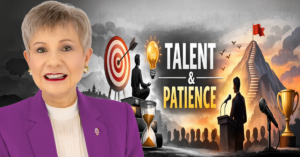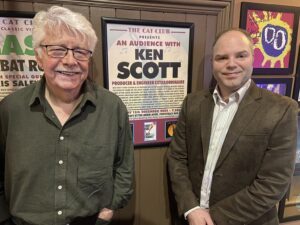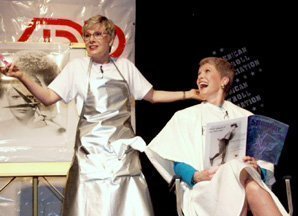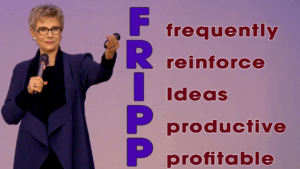As a seasoned professional speaker, I am frequently asked for advice by up-and-coming speakers. They enjoy my programs on How to Open Your Presentation with Impact and Under the Magnifying Glass: Good to Great Presentations. However, there is one piece of advice they do not always like.
“You may not lack the talent to become a successful speaker. However, you may lack the patience.”
I often quote Budd Friedman, who founded the Improv Comedy Clubs:
“Even with natural talent, it still takes 15 years to become an overnight success.”
This advice applies far beyond professional speaking.
Constantly improve the quality of your presentations.
At the same time, your promotion must be ongoing, consistent, and relentless. You start…and you do not stop.
You revisit, refocus, and rescript how you describe yourself and your services.
You expand and modernize the ways you promote.
You build and nurture strong professional relationships throughout your career.
It pays off.
Recently, I delivered
Read More...







